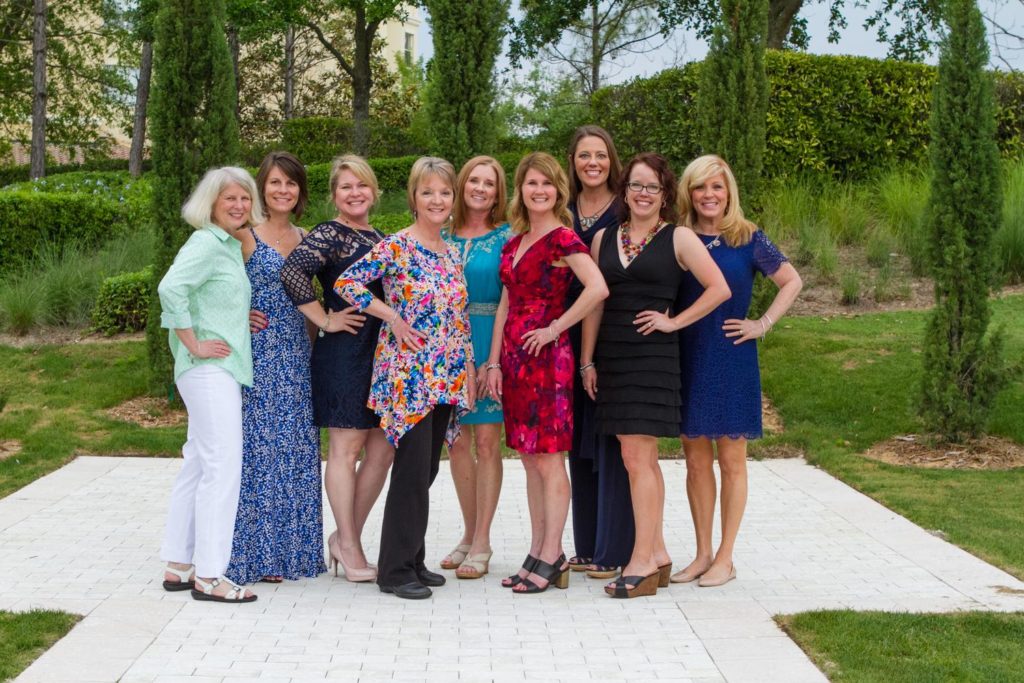You’re 10 years old.
You’re sitting at your school desk and receive your first ever group project assignment. It sounds so fun! Instead of going home and doing homework all by yourself you get to be in a group with 4 of your friends and work on the project together. Because you’re a math whiz, you quickly deduce that you’ll only have to do 1/5 of the work while you happily socialize with your buddies. You decide that you love group work.
Until it begins.
Your group spends the first meeting time trying to decide what to do. Four of you have strong and differing opinions about the direction of the project while one is content to go along with whatever the group decides. The first meeting comes and goes without a decision. You feel a little deflated.
Fast forward 3 weeks and the project is 10% complete and only two of you are showing up to work on it after school. The things you thought you loved about your friends start to morph into things that annoy you about them. You and friend #2 end up finishing the entire project at 11pm the night before the deadline. You’re covered in glue and snips of construction paper. You spent 20 extra bucks at Walgreens on poster board, glitter, and puffy stick-on letters while the rest of the group has fallen off the planet.
You decide that team projects suck the life out of you.
You learn that your friends are not so great at GETTINGTHINGSDONE. At least from your #controlfreak perspective.
But here’s the thing: apparently one of the group members is a natural salesman (who knew?). He contributed little to the written part of the project but then aces the oral presentation while making everyone laugh and become engaged in your topic. Instead of being resentful that he didn’t cut out the bubble letters or do the research like you wanted him to, you find it in yourself to celebrate his contribution. You wonder if you’ve misjudged this group project thing. Maybe it’s not so terrible.
Fast forward a few decades. This team thing is still tricky. You’ve all come a long way since you were 10, and there’s likely more room to grow.
One thing is for sure – when you realize you’re part of a great one, the only proper response is to wallow in gratitude.
The people in the photo below exemplify what it means to be part of a giant group project. They are the members of the NANT Conference Committee. Now of course we have MANY other incredible team members and partners that make the conference come together. But because this specific group is comprised of neonatal therapists like you I’m going to use them as an example of how a bunch of individuals become a great team.

Sue Ludwig, Kori Snow, Vanessa Nimon, Chrysty Sturdivant
1. They show up. To meetings, to calls, to the room where they’re supposed to introduce the next speaker. To every single thing they’ve signed up for. If for some reason they cannot, it is communicated ahead of time, or they simply swap responsibilities seamlessly. They do not gossip. They do not feed negativity. They do not require micromanagement. They are professional and highly competent. They do not shift blame to others. They ask for help. They ask for and accept feedback.
Great teams are accountable for their actions (and inaction), words, attitudes, and energy. This builds TRUST and RESPECT. Nothing else works until these 2 things are in place.
2. They Have A Singular Vision There is no question who the Conference Committee shows up for – you, babies and families. This committee is NOT their job. They have full-time jobs. This is passion. This is service. It is not about them and they’re totally good with that. (They have no idea they’ll be featured here and would never consider asking for such a thing. They haven’t even seen this photo yet.)
They understand the relationship between providing education, connection, and support for neonatal therapists and neurodevelopmental outcomes. Being part of that singular vision feeds them.
Being on a team may be part of your actual job of course. And that team will also benefit from defining a singular vision.
Great teams commit because they believe in a mission bigger than themselves.
3. They Are Action Oriented This committee does not leave a call or in-person meeting with nothing to do. There is always action. During the conference itself the action is constant. Everyone has an individual schedule of actions within the big picture (at times I think roller blades might be helpful).
They do not waste time complaining or whispering and wondering about what could be going better. If something needs to be better they improve it or seek out help in doing so.
Great teams dig in and GETTHINGSDONE.
4. They Value Unique Contributions It’s hard to understand that no one is wired just like you (and by the way, that’s the good news). Each team member has different work styles, gifts, and ideas. If someone in your group is the most unorganized person you know, please don’t ask them to be responsible for organizing something and then act surprised when huge details are left out. They have other gifts that you do not possess. Use those.
Some of our committee members want nothing to do with being on stage. Others love introducing speakers from the podium. Some enjoy (and are skilled at) the nuances of managing questions in a room of 400 people. Others want to make sure the Poster Presenters are set up and comfortable. It works because of our differences.
Great teams recognize and utilize individual talents for the collective benefit of the mission.
5. They Are Resilient Things go wrong.
You cannot host a 3-day event that’s taken over a year to plan and not have something go awry. We run out of coffee for a second (I get the serious nature of that one), a speaker gets ill at the last minute, only men get chosen to win a free ticket to the next NANT Conference (just kidding Jason and John), or the general session room is 37 degrees and people are wearing parkas.
The committee functions Dory-style and just keeps swimming. They do not stay stuck. They do not dwell.
Great teams acknowledge, learn, adjust and move forward with wisdom.
Great teams do not fall out of trees. You can’t find one just lying around. But you can build one. You can BECOME one. You can even fake like you’re a great team and go through some stuff together and regroup and start again.
Be aware and respectful of your differences. Celebrate them. Use them. Your 10 year old self is rooting for you.
(And to the NANT Conference Committee – endless thanks for showing me what it looks like when it’s done well.)
P.S. Forward this to your favorite team members today. Congratulate each other on how far you’ve come and say cheers to the road ahead. You are making a difference.

